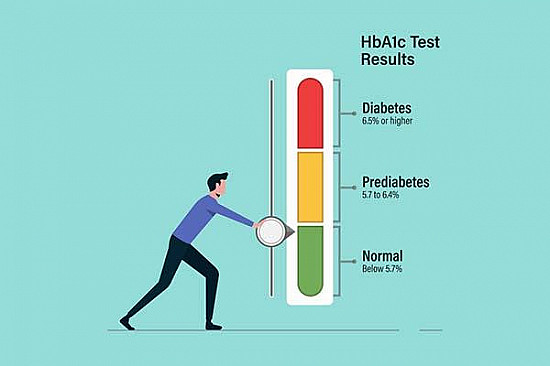Two ways to dodge diabetes
Given the epidemic of diabetes sweeping the United States and many other countries, it can seem as though developing diabetes is inevitable. Not so. A landmark clinical trial called the Diabetes Prevention Program (DPP) showed that a healthy diet and regular exercise can prevent type 2 diabetes. This three year study found that people who lose 5% to 7% of their weight and exercise about 30 minutes a day can reduce diabetes risk by more than half.
The Look AHEAD study also showed that losing weight and exercising can be a powerful way to fend off diabetes. The trial compared lifestyle changes (portion-controlled diets with prepared meals and moderate-intensity exercise for at least 175 minutes a week) with simple diabetes education. After one year, people in the lifestyle group had lost an average of 8.6% of their body weight, compared with 0.7% in diabetes education group. With the combination of weight loss and exercise came improvements in blood sugar, blood pressure, and HDL (good) cholesterol. Later follow-up showed that these improvements extended over the first four years of the study.
What's more, the lifestyle changes also improved quality of life, based on questionnaires designed to assess the Look AHEAD participants' physical and mental health. The greatest gains were physical changes — for example, compared with the control group, people in the lifestyle group were more fit, felt more vital, and had less body pain. They also reported feeling less depressed.
Losing weight and exercising are simple ways to avoid diabetes. But they can be hard to do. If you're ready to make some changes to avoid the life-long consequences of diabetes, talk with your doctor. Together you can create a manageable plan that increases your chances of success.
For more information on preventing, diagnosing and managing diabetes, buy Diabetes: A plan for living, a Special Health Report from Harvard Medical School.
Disclaimer:
As a service to our readers, Harvard Health Publishing provides access to our library of archived content. Please note the date of last review or update on all articles.
No content on this site, regardless of date, should ever be used as a substitute for direct medical advice from your doctor or other qualified clinician.















